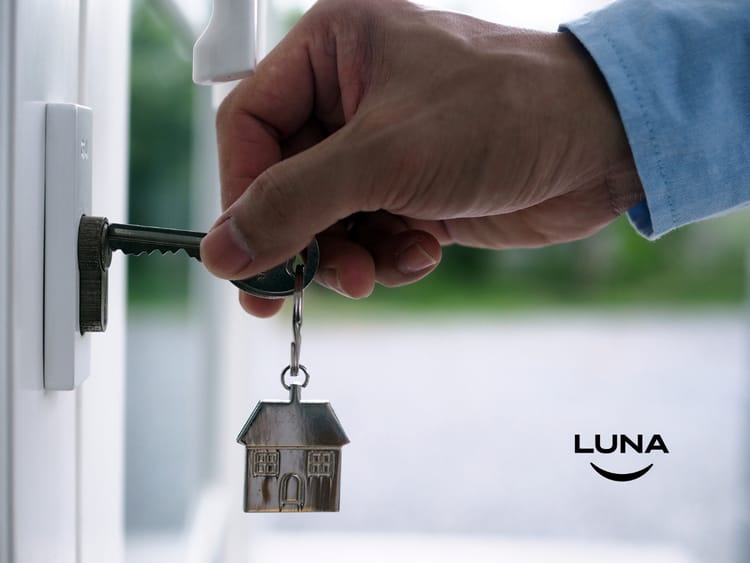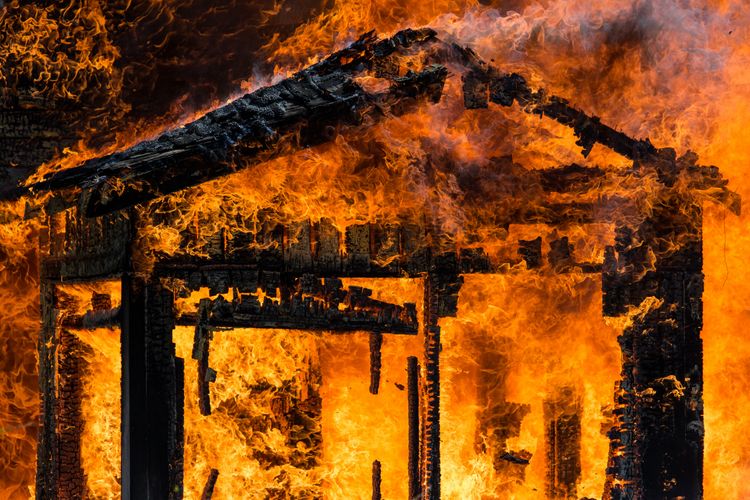Does my tiny home need to be insured?

Tiny homes have become increasingly popular in recent years, with people from all walks of life praising them for their small size, low cost, and environmental benefits. A tiny home is typically defined as a dwelling between 150-400 square feet. The demand for tiny homes is on the rise, with an estimated 2000-5000 sold per year. In 2021, the Casita model, developed by Boxabl, has a waitlist of 47,000 customers, with demand for over 100,000 units in total. Even business magnates like Elon Musk have chosen to call tiny homes "home".
Are there different types of tiny homes?
Tiny homes come in two main types: those on wheels and those that are stationary. Each type has its own set of advantages and disadvantages.
Tiny homes on wheels are a great option for individuals who desire the flexibility to change their location at any time, while still maintaining a comfortable living space. These homes are ideal for those who wish to move closer to loved ones, have a job that requires frequent relocation, have a desire to live a nomadic lifestyle, or simply crave a change of scenery.
When considering a mobile tiny home, there are a few factors to keep in mind. The home must meet certain size and shape criteria, such as fitting on a trailer frame, having a width no greater than 8.5 feet, being up to 40 feet long, and not exceeding a height of 13.5 feet. However, it is possible to go over these dimensions, but it would require obtaining additional oversized load permits.
On the other hand, stationary tiny homes offer more design freedom in terms of shape and size. These homes allow for a greater range of possibilities, whether it be a hobbit-hut, a miniature castle, a unique glass dodecahedron, or a more standard, yet smaller, home. The only limit is the homeowner's imagination.
What does it cost to build?
The cost of building a tiny home can vary greatly depending on the design and features included. Some tiny homes can be constructed for as little as $10,000, while more luxurious custom homes can reach up to $150,000. The average cost for a tiny home is around $60,000. Tiny homes are a great option for those hesitant to commit to a traditional mortgage. They can save up and pay cash for their dream home, allowing them to live mortgage-free. Pre-built models tend to be less expensive than custom-made homes. Building a tiny home on a foundation can increase the cost by $4-7 per square foot.
How about living expenses in a tiny home?
Living in a tiny home may seem like a cost-effective solution, but it is important to consider all expenses before making a decision. The main expense of living in a tiny home is rent, either for a parking spot for a mobile home or for the land on which a stationary home is placed. This can range from $700-1000 per month. However, this cost can be eliminated by purchasing the land on which the home is situated.
Other costs to consider include food and utilities. Grocery expenses may increase by 10-15%, as a tiny house has less storage space and makes bulk buying more difficult. Electricity usage will decrease, with bills ranging from $30-200 per month, compared to the standard $400-600 for a regular-sized home. Internet costs remain the same and propane expenses, if any, will be around $10-20.
Renting a parking spot in an RV camp usually includes water, otherwise, it is about $10 per month. These expenses can be reduced by adopting a more eco-friendly lifestyle, such as using solar panels and compost toilets. Depending on the state and type of mobile home, local property tax and state tax may be required.
Insuring your tiny home
The final expense to consider is home insurance. Insurance for a tiny home typically ranges from $50-150 per month. Obtaining insurance for a tiny home can be complicated, particularly if it is built without proper certifications or by an uncertified builder.
Whether your tiny home is mobile or stationary will impact the type of insurance policy you need. It is advisable to contact an agent who specializes in tiny home insurance for guidance on the best course of action for your specific situation.
Luna Insurance agents are available to help you find the best coverage or to discuss your options.





